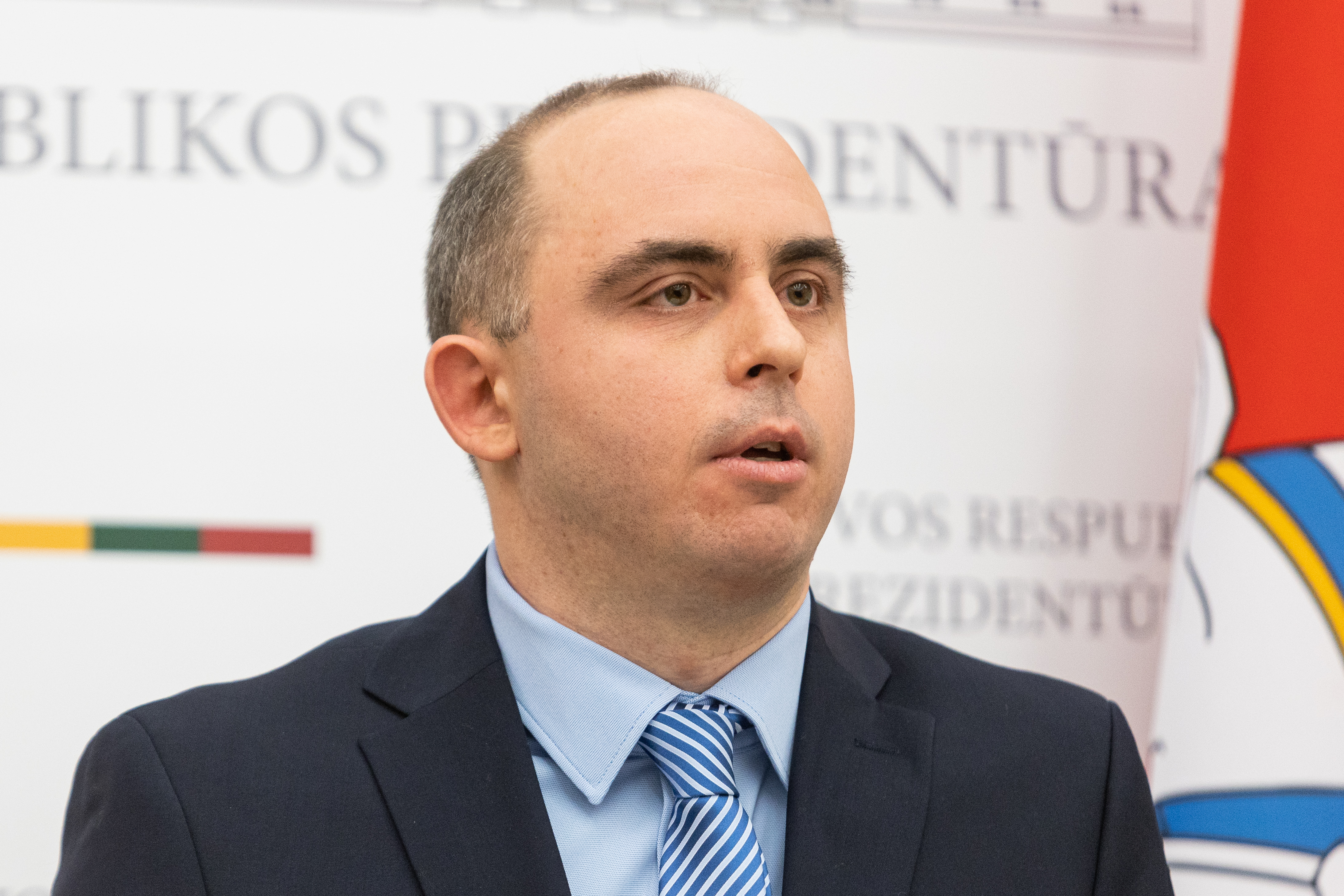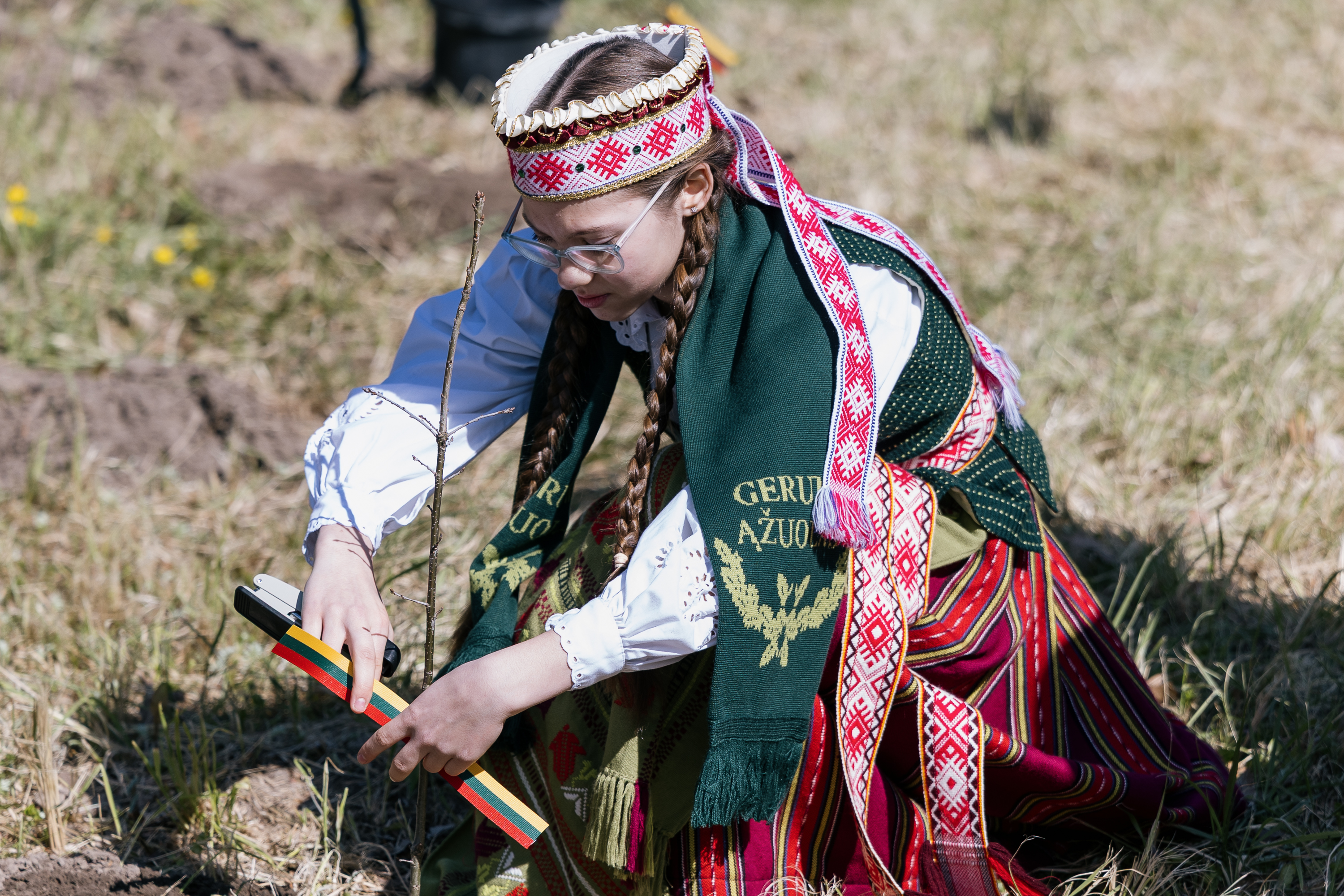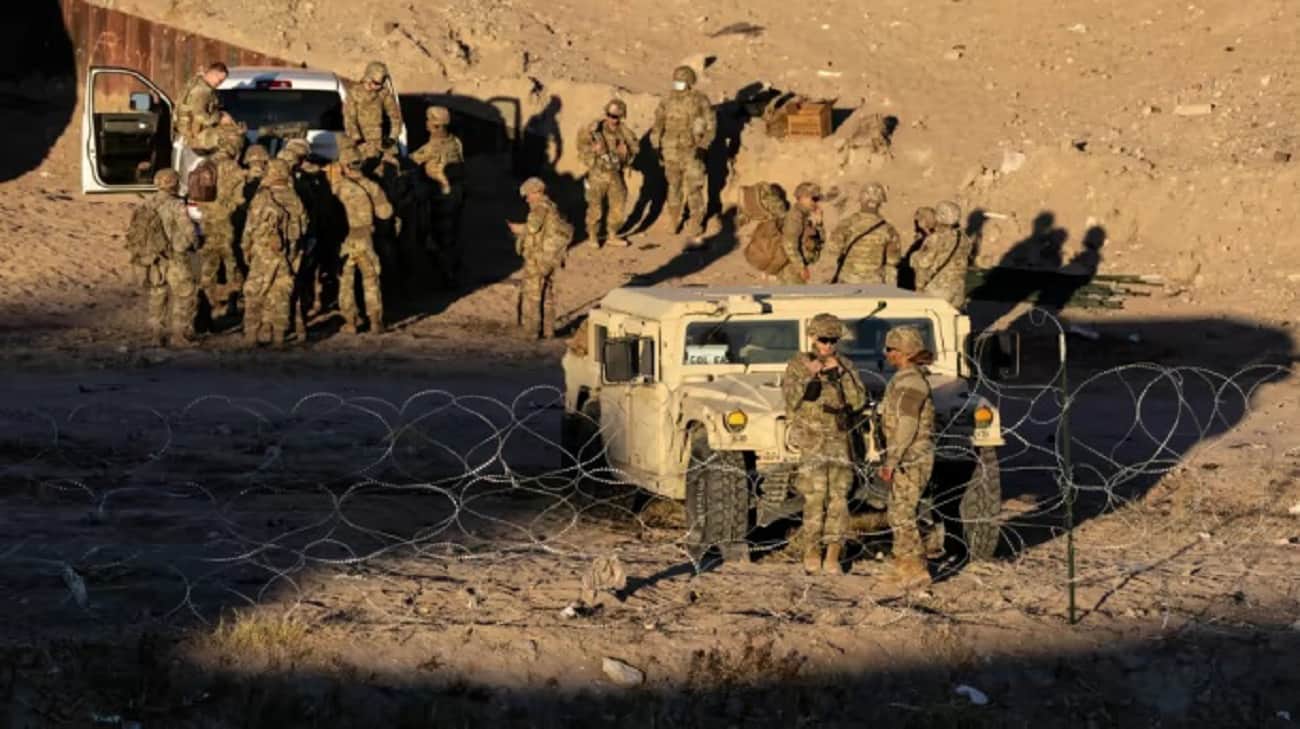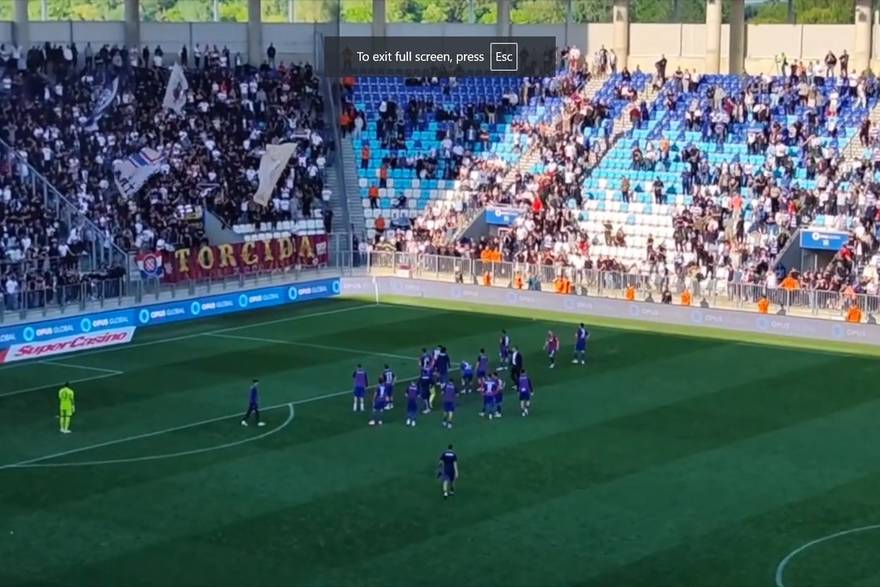How the Global Defense works and what we need to know today
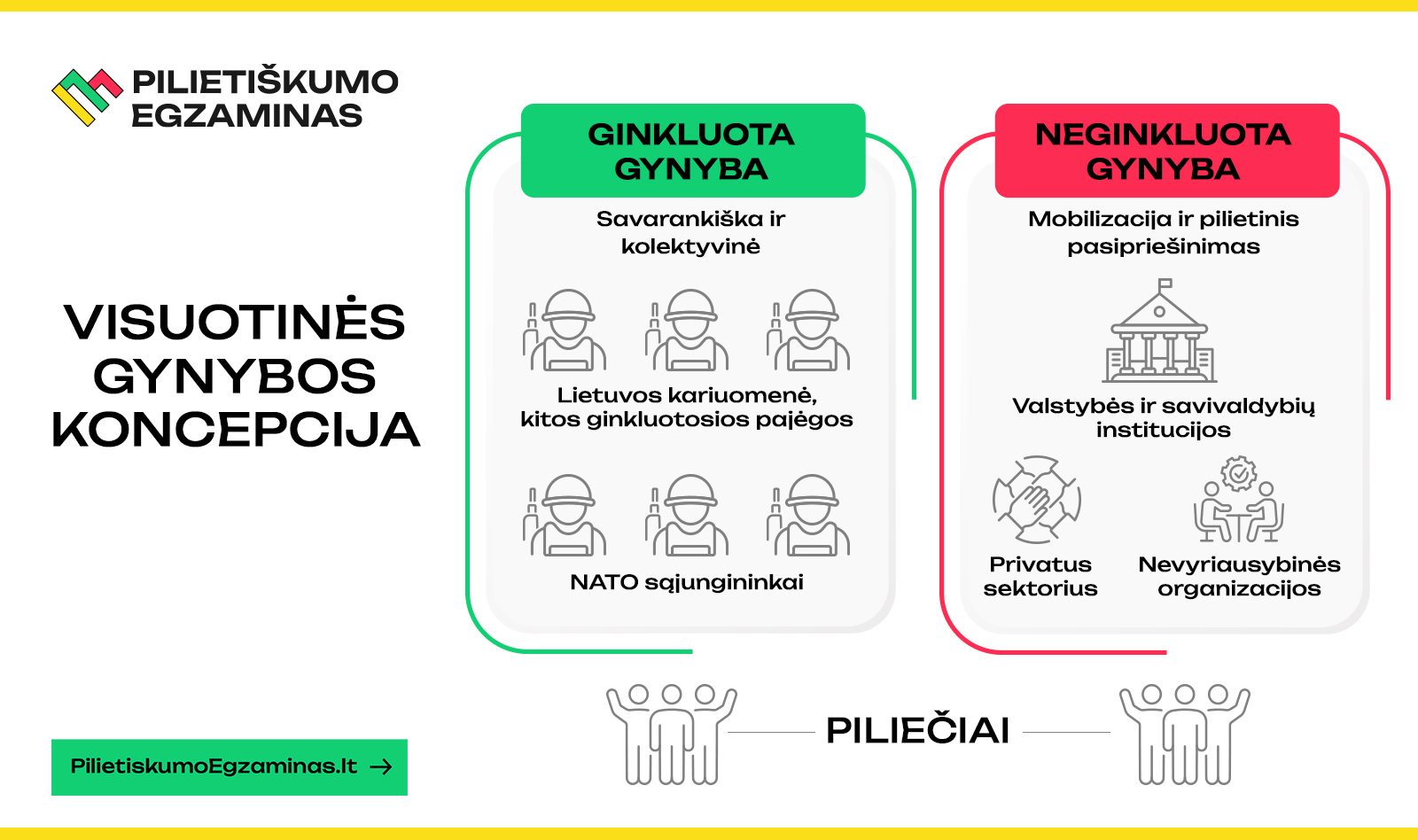
According to the Ministry of National Defense, the main responsibility for the defense of the state would be the military and other institutions forming armed forces that would defend our country’s independence together with the allies, but would not be enough for military measures. It would be impossible for the state’s defense to be involved in the provision of support to the armed forces and allies, ensuring the continuity of the state, continuing the functioning of the country’s economy, taking care of relatives or other activities relevant to the survival of the state. The involvement of society as a whole in defense of the state is the basis of universal defense, which can be carried out by both armed and unarmed means.
Even during the war, the state must continue to operate. Medics, teachers, police officers, social workers, IT professionals, bread bakers, municipal servants, representatives of the logistics and energy sector – all of them form an integral part of the universal defense. Their contribution to the necessary services to the public and the armed forces (medical care, vehicle repair, food supply, etc.) may be no less important than participating in armed resistance.
Every member of society, from institutions and organizations to businesses and individual citizens, should be aware of their role in universal defense in peacetime. Ready, clearly aware of its functions, becomes a significant part of the state deterioration strategy.
State institutions
During the day, « X » would become a cornerstone of the country’s stability in the face of armed aggression or escalation of threat. Even under mobilization and war conditions, public authorities are ready to ensure the continuity of vital functions of the state: meeting the necessary needs of the population, the continuity of the country’s activities, the functioning of the civil infrastructure, internal security, international activities and state defense. For example, the interior system would take care of public order and civil safety (hiding places, cover, etc.), health care system – medical care, education system – training process, municipal institutions take care of residents’ needs in their territory and so on.
Employees who perform vital functions of the state may be included in the civil mobilization staff reserve (CMPR) and in the event of mobilization, they continue to do their job.
KAM illustration.
Business
Business – Especially the day of logistics, energy, food, defense industry – day X would become a strategic partner. Electricity supply, internet connection, food, medical and fuel supply would be vital not only to civilians but also to armed forces. Companies with significant resources or infrastructure are often pre -involved in the mobilization of state institutions and contribute to the implementation of national importance to ensure jobs and contribute to the support of the country’s economy.
NGOs
The role of non -governmental organizations (NGOs) and the responsibility of the state in the mobilization system and their contribution to the preparation of the country’s population for civic resistance are constantly growing. They are preparing to contribute to the need for the need for the armed forces and to support the public in providing assistance to the most vulnerable groups. The ability of NGOs to respond quickly and flexibly, to achieve those that is harder to reach state structures is crucial in the context of the universal defense.
Citizens
For the day, it is important for each citizen to ensure the continuity of their activities, if the conditions allow. The country will continue to be needed by doctors, teachers, business representatives. Residents can also join NGOs, connect to war commanders, and provide support for armed forces. Any citizen who is able to critically evaluate information, not spread out liars, refuse to collaborate with an aggressor, help a neighbor, or take care of his reserves, contributes to public resistance. Even simple actions – a proper withdrawal to a safe place or in the community – can significantly affect the effectiveness of resistance. The key is to get ready in advance.
Why and how to prepare in advance for the day « x »
Society resistance is not born overnight and is formed consistently through education, practical training and community development. Already in peacetime, every citizen must develop the most important elements of civic resistance – resistance, civic will and knowledge and skills.
The ability to respond to crises, information literacy, knowledge of evacuation routes, and the basics of first aid are practical knowledge that can save lives in the face of crisis. Everyone can strengthen these abilities today – to participate in civic resistance, first aid training, to engage in community exercises, to get to know their municipal action plans, to strengthen physical fitness, or to just talk to loved ones about how an unexpected threat would behave.
The civic will begins with the perception that the security of the state is not only the responsibility of the military or the authorities, but also the personal commitment to each of us. It is a determination to defend your country not only with a weapon, but also with responsible behavior, conscious use of information, and helping the persons nearby. Civic will is strengthened by the interest of Lithuania’s history, active involvement in society, civic initiatives, activities of non -governmental organizations, and so on.
Resistance is not only physical or emotional strength, but also the ability to remain active and rational even in the face of the greatest confusion. It is the ability to critically evaluate information, not to panic, to help others and to act with the community. Such a society – ready, conscious, confident in each other and its state – becomes a powerful factor in deterrence, and if necessary and reliable on the basis of defense.
Each of us can contribute today – gaining first aid knowledge, participating in civil resistance training (www.simiapamokos.lt), strengthen physical fitness, join civic initiatives, NGOs, or become part of the armed forces, and most importantly, to contribute to the development of civic, resistant, institutional -confident and strengthening society.
“Only by developing knowledge, will and resilience can we be sure that the day » X « will not be passive observers, but for active defenders of the state – each, according to their own capabilities, profession or circumstances. Universal defense is a common agreement to defend what is most precious to us. We have to prepare for this not tomorrow, but today, ”the ministry said.


